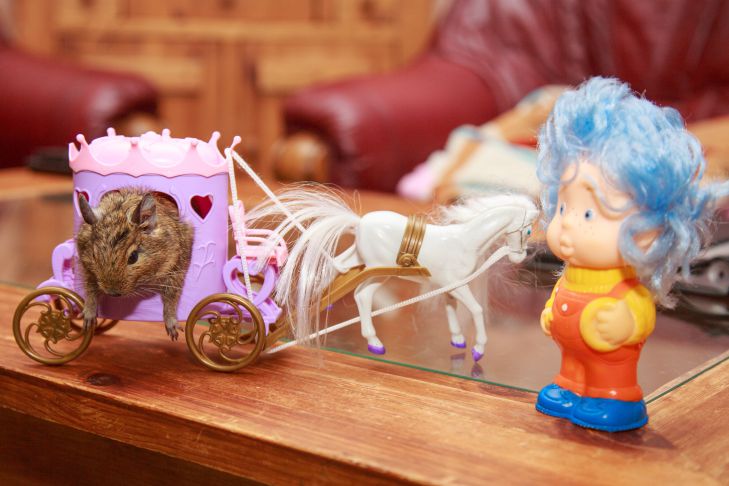Why You Shouldn't Buy Kids Lots of Toys: Experts Name 4 Reasons
Many parents try to buy more bright and popular toys for their children so that they feel happy and needed.
However, few people know that this is not entirely the right approach.
As it turns out, having a limited number of toys can be more beneficial for raising a child.
Why there should be fewer toys
Focus on more useful activities
Games are a pleasant pastime, but they are not very useful. If you pay attention to creativity, studying and reading, it will be more useful for the all-round development of the child.
So when reducing the number of toys, make sure that children have creative sets and interesting books on hand, experts remind.

Things acquire real value
Some children treat toys with disdain: they can break them without any regret, give them to a friend, or even forget them on the playground.
This happens because of abundance: the child understands that he still has a lot of toys, so there is no need to worry about losing them.
Because of this, things become less valuable. If you want to teach children to respect what they have, then you need to reduce the number of "riches". In this case, the child will value literally every toy that he has.
Practicing social skills
Children often exchange toys because they want to try new things. They are much more willing to communicate with each other, learn to negotiate and socialize.
Prevention of spoiling
Many parents worry that their children are growing up spoiled. However, it is they who create the fertile ground for this.
If you constantly shower your child with toys, it will become something ordinary and habitual. Therefore, it is worth reconsidering your approach.
Buy a limited number of toys, but give preference to more interesting and high-quality options.
